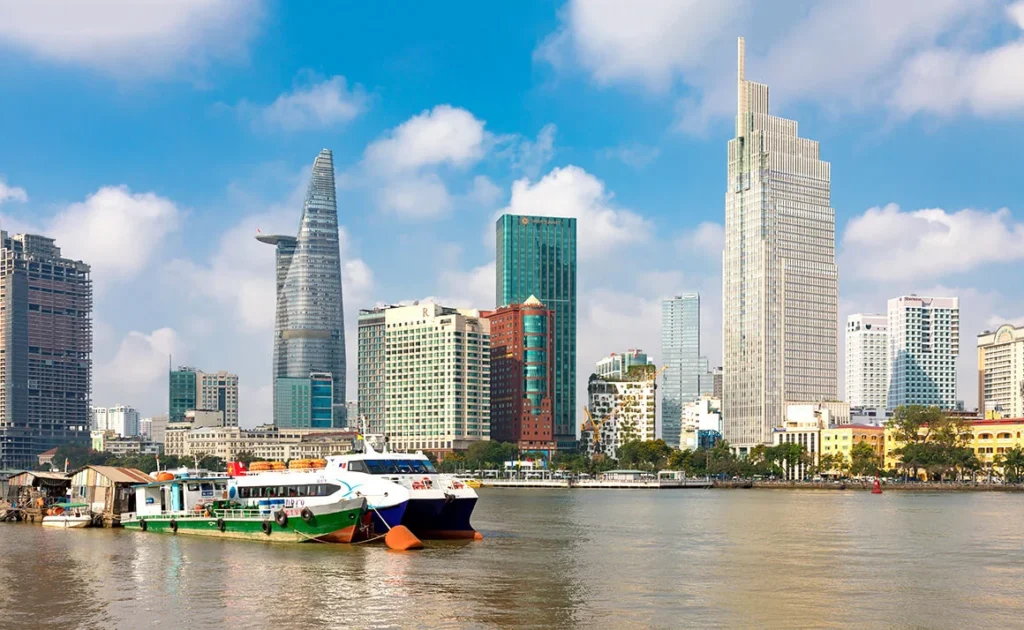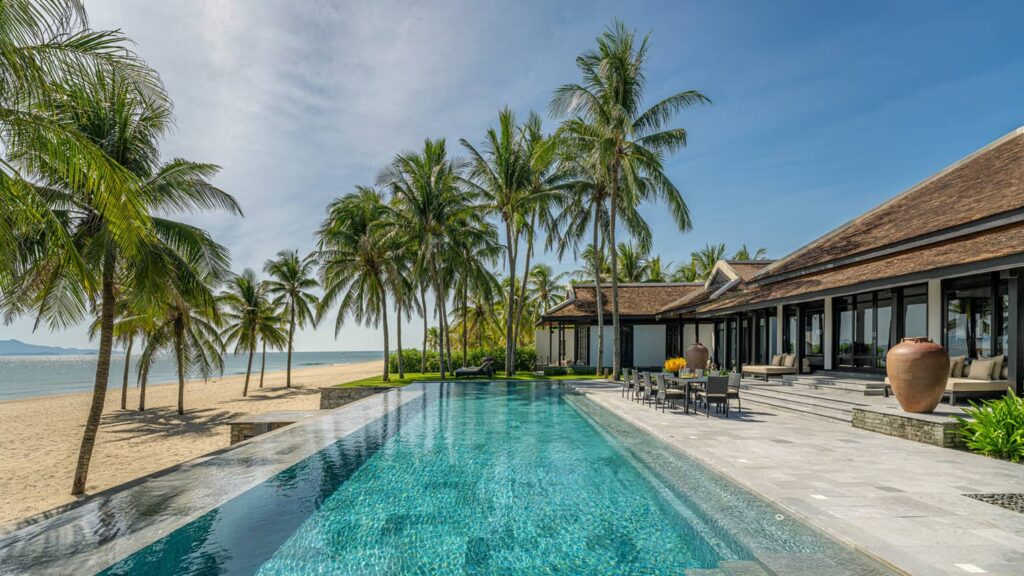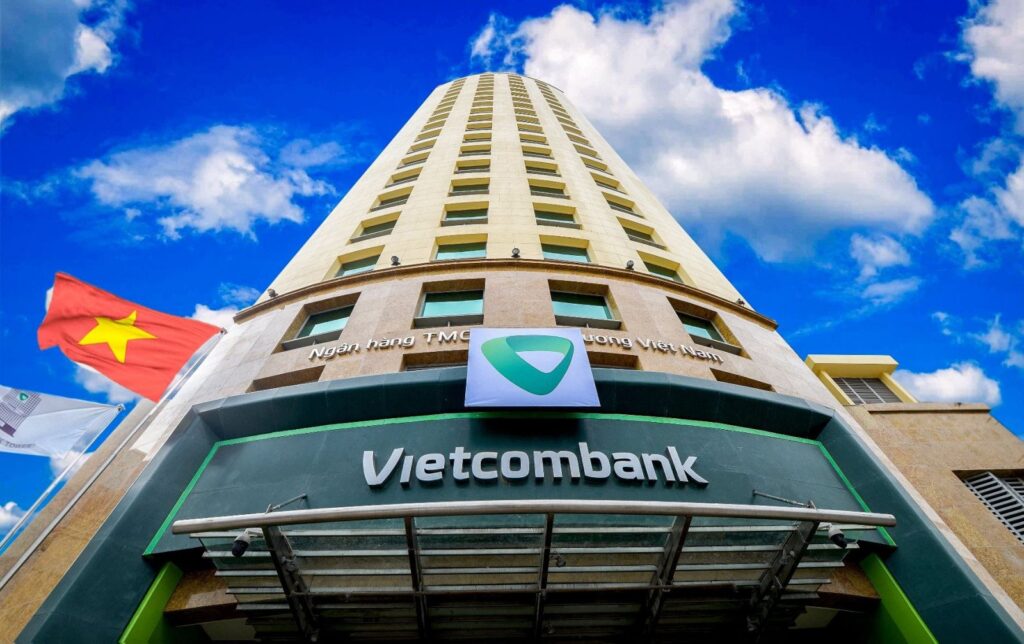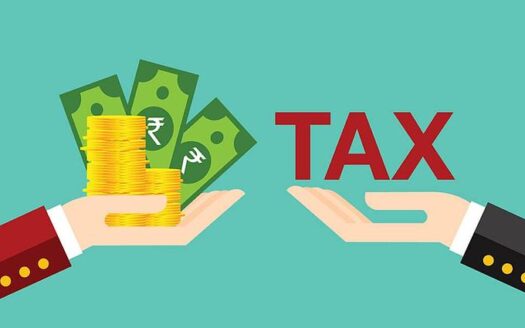Guide to Buy a Property in Vietnam (2025)

In this comprehensive guide, we’ll walk you through everything you need to know on how to buy a property in Vietnam – from legal requirements and property types to prime locations and financial considerations.
From bustling city apartments in Ho Chi Minh City to serene beachfront villas in Da Nang, Vietnam’s real estate market offers enticing opportunities for foreign investors. Yet, navigating the property purchase process in this dynamic Southeast Asian nation can feel like solving a complex puzzle.
Whether you’re seeking a personal residence or an investment opportunity, understanding Vietnam’s property market is crucial. With rapidly developing infrastructure, increasing foreign investment, and emerging economic zones, the potential for significant returns is compelling. However, foreign buyers must carefully navigate legal requirements, property restrictions, and local market dynamics to make informed decisions.
Legal Requirements for Foreign Buyers
Current Property Ownership Laws
- 50-year leasehold ownership for apartments and houses
- Maximum 30% foreign ownership in any single apartment building
- Ownership limited to residential properties only
- Unlimited number of units allowed per foreign buyer
- Property ownership renewal possible after initial term
Required Documentation
- Valid passport with at least 6 months validity
- Temporary residence card or visa
- Marriage certificate (if applicable)
- Bank statements showing financial capability
- Investment registration certificate
| Investment Certificate | 15-30 days | 50 years |
| Notarized Passport | 2-3 days | 6 months |
| Residence Card | 10-15 days | 1-2 years |
Visa and Residency Requirements
- Tourist visa holders cannot purchase property
- Minimum 3-month business visa required
- Temporary residence card holders eligible for purchase
- Annual visa renewal necessary for property ownership
- Long-term residency options available for property owners
Property ownership rights in Vietnam have evolved significantly since 2015, with the government implementing more foreigner-friendly regulations. However, strict compliance with documentation requirements remains crucial. Speaking of available properties in the market, let’s explore the various types of real estate you can invest in.
Property Types Available
Apartments and Condominiums
- High-rise luxury condominiums
- Mid-range apartments
- Studio units in urban areas
- Serviced apartments with amenities
Houses and Villas
- Standalone villas
- Townhouses
- Semi-detached houses
- Vacation homes
Commercial Properties
- Office spaces
- Retail units
- Mixed-use developments
- Hotel properties
Land Restrictions
| Property Type | Foreign Ownership Rights | Duration |
|---|---|---|
| Apartments | Full ownership permitted | 50-year lease |
| Houses/Villas | Leasehold only | 50-year lease |
| Commercial | Leasehold only | 50-70 years |
| Land | Not permitted | N/A |
In Vietnam’s real estate market, apartments and condominiums represent the most accessible option for foreign buyers. These properties typically come with modern amenities and are concentrated in major cities like Ho Chi Minh City and Hanoi. Luxury condominiums often feature swimming pools, gyms, and 24-hour security.
Houses and villas, while available, come with more restrictions for foreign buyers. These properties can only be acquired through long-term leasehold arrangements, typically spanning 50 years. Commercial properties offer investment opportunities in Vietnam’s growing economy, particularly in developing urban areas and special economic zones.
Land ownership is strictly regulated, with foreigners prohibited from directly owning land. However, foreign investors can access land use rights through Vietnamese companies established for property development purposes.
With this understanding of property types, let’s explore the best locations for real estate investment in Vietnam’s dynamic market.
Best Locations for Investment
Ho Chi Minh City Hotspots
District 1 and District 2 remain the prime investment locations in HCMC, with luxury condominiums commanding premium prices. District 7, particularly Phu My Hung area, attracts expatriates and wealthy locals with its modern infrastructure and international schools.
Hanoi Prime Areas
Tay Ho District leads Hanoi’s property market with lakeside properties and expatriate communities. Ba Dinh and Hoan Kiem districts offer historical charm with high appreciation potential.
Coastal Property Markets
- Da Nang: Beachfront properties with strong tourism potential
- Nha Trang: Luxury resorts and oceanview apartments
- Phu Quoc: Emerging island destination with resort developments
Emerging Investment Districts
| District | Key Features | Growth Potential |
|---|---|---|
| Thu Duc | Tech hub, universities | High |
| Binh Duong | Industrial parks | Moderate-High |
| Long Bien | New infrastructure | Moderate |
Economic Zones
Special economic zones offer unique investment opportunities:
- Van Don (Quang Ninh)
- Phu Quoc (Kien Giang)
- Bac Van Phong (Khanh Hoa)
These zones feature preferential policies and rapid infrastructure development, making them attractive for long-term investment. The combination of government support and strategic locations positions these areas for significant appreciation.
With these location insights in mind, let’s examine the specific steps involved in the property purchase process in Vietnam.
Purchase Process
Finding a Reliable Real Estate Agent
- Verify agent’s credentials and licenses with local authorities
- Look for agents specializing in foreign property transactions
- Check references from previous international clients
- Ensure they speak both English and Vietnamese fluently
| Agent Criteria | Why It Matters |
|---|---|
| Experience | Minimum 5 years in Vietnam real estate |
| Legal Knowledge | Understanding of foreign ownership laws |
| Network | Connections with notaries and banks |
| Communication | Bilingual capabilities |
Property Inspection Guidelines
- Conduct thorough structural assessments
- Review building permits and documentation
- Check for clear land use rights certificates
- Inspect surrounding infrastructure and amenities
Price Negotiation Strategies
- Research current market prices in the area
- Consider renovation costs and potential repairs
- Factor in additional fees and taxes
- Use comparable property sales as leverage
| Negotiation Point | Strategy |
|---|---|
| Market Analysis | Present data on similar properties |
| Payment Terms | Offer larger down payment for price reduction |
| Timing | Leverage slow market periods |
| Repairs | Request price adjustments for needed fixes |
With the purchase process understood, understanding financial considerations becomes crucial for completing your property acquisition successfully.
Financial Considerations
Payment Methods and Banking
- International wire transfers
- Local Vietnamese bank account (required)
- Letter of credit arrangements
- Banker’s drafts
Most property transactions in Vietnam require a local bank account. Here’s a comparison of common payment methods:
| Payment Method | Processing Time | Transaction Cost | Security Level |
|---|---|---|---|
| Wire Transfer | 3-5 days | Medium | High |
| Letter of Credit | 5-7 days | High | Very High |
| Banker’s Draft | 1-2 days | Low | Medium |
Tax Obligations
Property buyers in Vietnam must account for several taxes:
- VAT (10% on new properties)
- Registration fee (0.5% of property value)
- Personal income tax (2% on transfer value)
- Annual land tax (varies by location)
Insurance Requirements
The essential insurance coverage includes:
- Property insurance
- Fire and natural disaster coverage
- Title insurance (recommended)
- Liability insurance
Maintenance Costs
Regular maintenance expenses typically include:
- Management fees: $1-2 per square meter monthly
- Utilities: Average $100-200 monthly
- Security services: $50-100 monthly
- Repairs and upkeep: 1% of property value annually
Now that you understand the financial aspects of property ownership in Vietnam, let’s explore some essential risk management strategies to protect your investment.
Risk Management
Title Verification Process
In Vietnam’s property market, title verification is crucial. The two main property ownership documents are:
- The Pink Book (for residential properties)
- The Red Book (for land use rights)
Always verify these documents with local authorities before proceeding with any purchase.
Common Scams to Avoid
| Scam Type | Warning Signs | Prevention Steps |
|---|---|---|
| Fake Ownership | Multiple “owners” claiming rights | Verify with Land Registry |
| Deposit Fraud | Pressure for large upfront payments | Use escrow services |
| Illegal Brokers | No proper licensing | Check broker credentials |
Legal Support Options
Protect your investment by engaging:
- Licensed real estate lawyers
- Property consultants
- Professional translation services
- Local legal advisors
Due Diligence Checklist
Essential verification steps include:
- Property ownership history
- Outstanding debts or liens
- Development plans for surrounding areas
- Building permits and compliance
- Environmental assessment reports
When working with legal professionals, ensure they have experience in foreign property transactions. Keep detailed records of all communications and transactions, and never sign documents without proper translation and legal review. The involvement of a reputable real estate agency can provide an additional layer of security.
Now that you understand the risks and safeguards, let’s explore the specific financial considerations for your property investment.
Navigating Vietnam’s property market requires careful planning and understanding of the legal framework, but the potential rewards make it a worthwhile consideration for foreign investors. From luxury apartments in Ho Chi Minh City to beachfront villas in Da Nang, the diverse range of properties available caters to various investment goals and budgets.

Success in Vietnamese real estate investment comes down to thorough due diligence, working with reputable professionals, and maintaining compliance with local regulations. Take time to research locations, understand the financial implications, and implement proper risk management strategies. Whether you’re seeking a personal residence or an investment opportunity, Vietnam’s growing real estate market offers promising prospects for those who approach it with knowledge and preparation.








